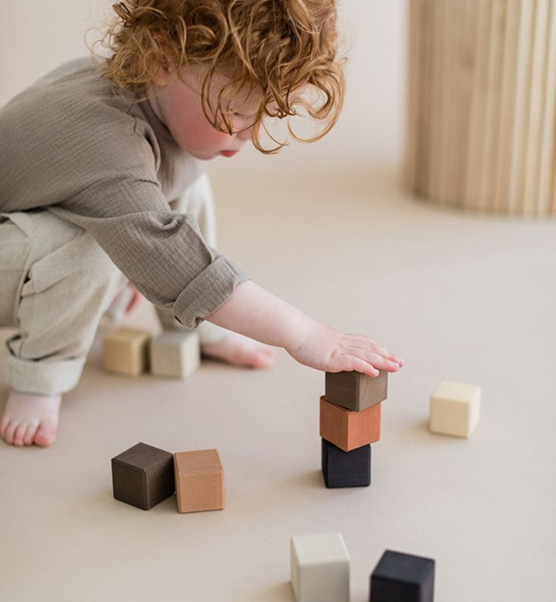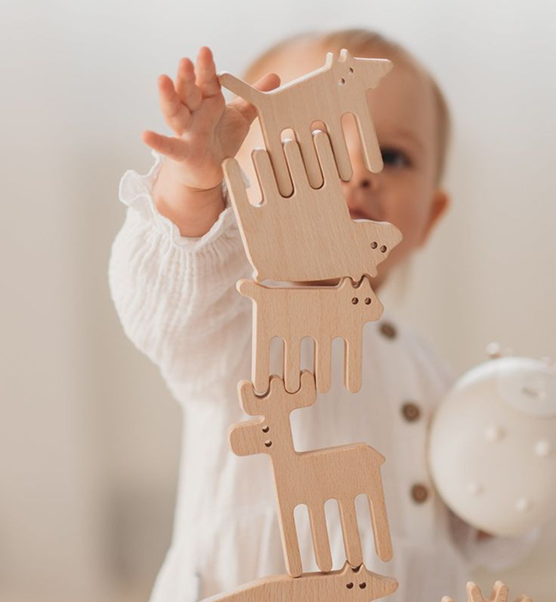My first baby arrives in a few months, and I’ve hit the diaper stage of preparation. Everyone has their favorite brand, and of course everyone’s favorite is different, so I assumed I’d buy one of each to start and go from there. Then a couple different friends threw a wrench in and suggested cloth diapers. Cloth diapers have intriguing benefits, a big one being they’re better for the environment, so I want to consider them. Among the list of possible pros and cons are the claims that cloth-diapered kids are, on average, potty trained a year sooner than those in disposable diapers. Is this true? And are there any other data-driven costs or benefits we should know about in the cloth vs. disposable decision? Please and thank you!
—Overwhelmed by Options
Cloth diapers have an interesting cyclicality. When disposable diapers were first becoming popular, they were the “fancy” option, with greater usage among richer families. Over time, they became ubiquitous, largely replacing cloth. Cloth diapers have seen some resurgence, though, among precisely the demographic groups who were initial disposable adopters.
The primary reason for this is environmental impact. Although cloth diapering also has some environmental impact (because of the need for water in laundering), it’s pretty clear that the impact is far lower than that of disposable diapers (this is a comprehensive analysis, and here is another discussion).
The primary reason not to use cloth diapers is that they’re less convenient.
They must be washed, you need to scrape poop into the toilet sometimes, it’s harder to travel with them, and so on. Some child care centers will simply not be willing to have you use these. I’m not saying it’s not worth it! I’m just pointing out that there is a significant convenience factor. Some of this can be ameliorated (for example, with a diaper service), but the net is more work.
You asked a specific question, though: Are children in cloth diapers trained faster? I cannot find any large-scale data on this, but it seems plausible based on (for example) surveys of people who use elimination communication in combination with cloth diapers.
However, it’s difficult to disentangle the reasons for this. One possible causal reason is that kids in cloth diapers feel wetness more than those in disposables, so may have a better sense of their own toileting (similar to a wetting alarm in potty training). But it’s also the case that parents may drive earlier training, either because the kind of parents who use cloth diapers are different or because cloth diapers are annoying, so parents who are using them are extra-motivated to potty train earlier.
In the end, this seems a minor consideration relative to the primary two up at the top.
Community Guidelines
























Log in